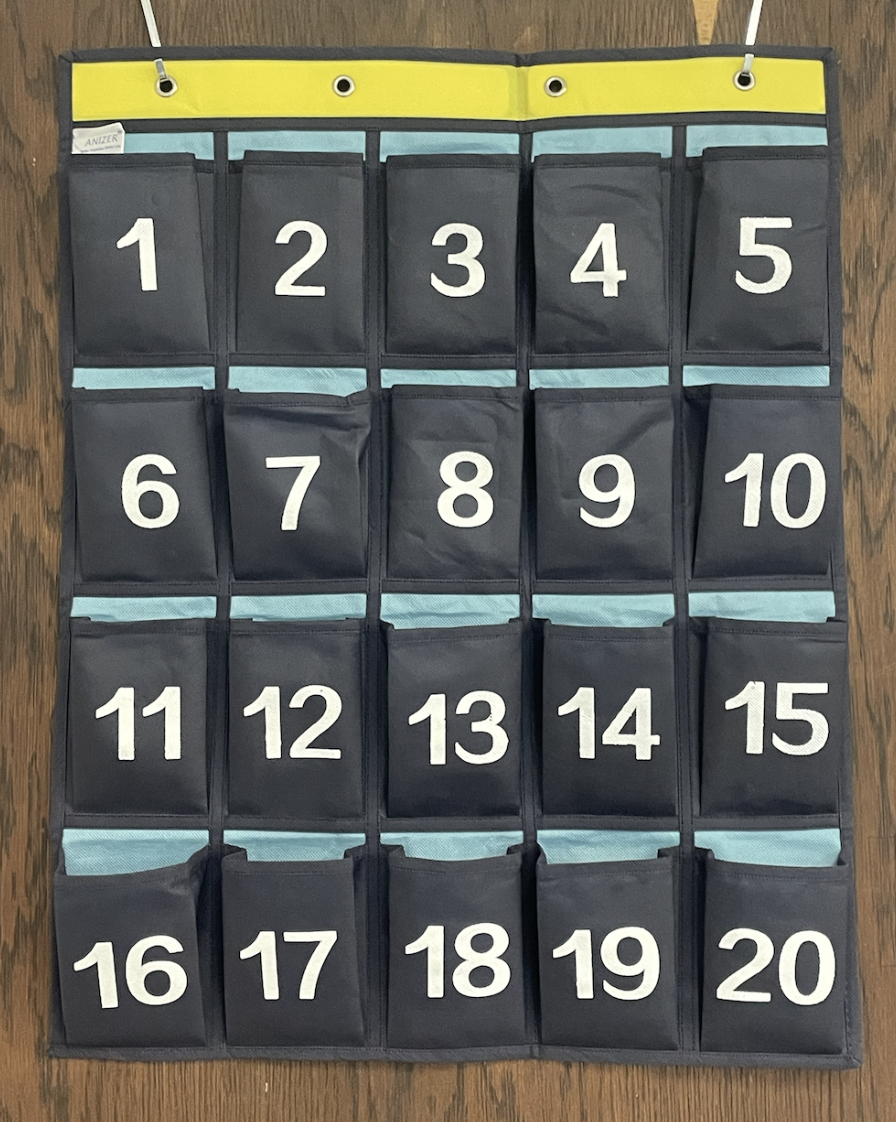How would you feel if you didn’t have your iPhone for a few days? As teenagers, we are so attached to our phones that the thought alone of ditching them for a day is enough to drive us all crazy. We bring them everywhere, even to the bathroom, and use them to escape awkward situations.
Mrs. McDonald, a wonderful English teacher here at Pascack Hills, decided to take this idea and turn it into an experiment for her AP Language and Composition course. The students were learning about transcendentalism, a literary movement about spiritual self-exploration societal nonconformity. The two earliest transcendentalists, Henry David Thoreau and Ralph Waldo Emerson, believed that the only way to become completely yourself is through solitude and nature. In our society, one way of achieving solitude is by removing ourselves from technology (especially our phones) and the Internet. As an experiment in the English class, the students had to give up their phones on Monday and would get them back on Wednesday; that’s two and a half days without a phone. Mrs. McDonald had the students’ parents sign permission slips, just in case the parents were worried about not being able to reach their child. The reward: ten extra credit points in the grade book. Most kids reluctantly gave up their phones, but there were a select few who did not.
There were many different reactions to this experiment. Mrs. McDonald had everyone write a journal entry each day on Schoology, answering simple questions about the experiment. On the last day, she asked students how it felt getting their phones back, and if the experiment affected them in any way. The answers were both positive and negative. Many of the students said that they often went to check for their phones out of habit, only to find that their phones weren’t there. They said that they found themselves wanting to check their phones just for something to do, even though there was really nothing new to discover in them. As teenagers, we do not know how to be bored. Our phones make us want to do something 24 hours a day, and without them, it is hard to sit there with only our thoughts as entertainment. One student said that she felt a lot healthier without her phone because she was more observant and focused, and had more time to do homework; for her, it was a good experience. She also added, however, that she was scared because this experiment made her realize how hard it was to be without her phone, and how much she actually relied on her phone. Another student also saw it as an overall positive experience. She said that she’s gone longer periods of time without her phone on vacations, so it was nothing new. Without her phone, she wasn’t as distracted and got a lot more work done. She even found ways to do things that she normally used her phone for, like using an actual alarm clock instead of her phone (although she was late to school because she couldn’t figure out how to use the alarm clock) and printing out a map from online and using that to get somewhere!
As teenagers, we are always on our phones; we use them for everything! If early transcendentalists were alive today, they would roll their eyes at the way society is today. It is probably a good experience every once in a while to lock your phone away and not look at it for a few days. Who knows? You might notice things you never did before or, as one students said, you might get a lot more work done. Mrs. McDonald’s phone experiment was a great eye-opener for her students about how reliant they are on their phones and technology. So maybe next time you want to use your phone as a means of avoiding eye contact with strangers in the hallway, resist the temptation and try smiling instead!










































